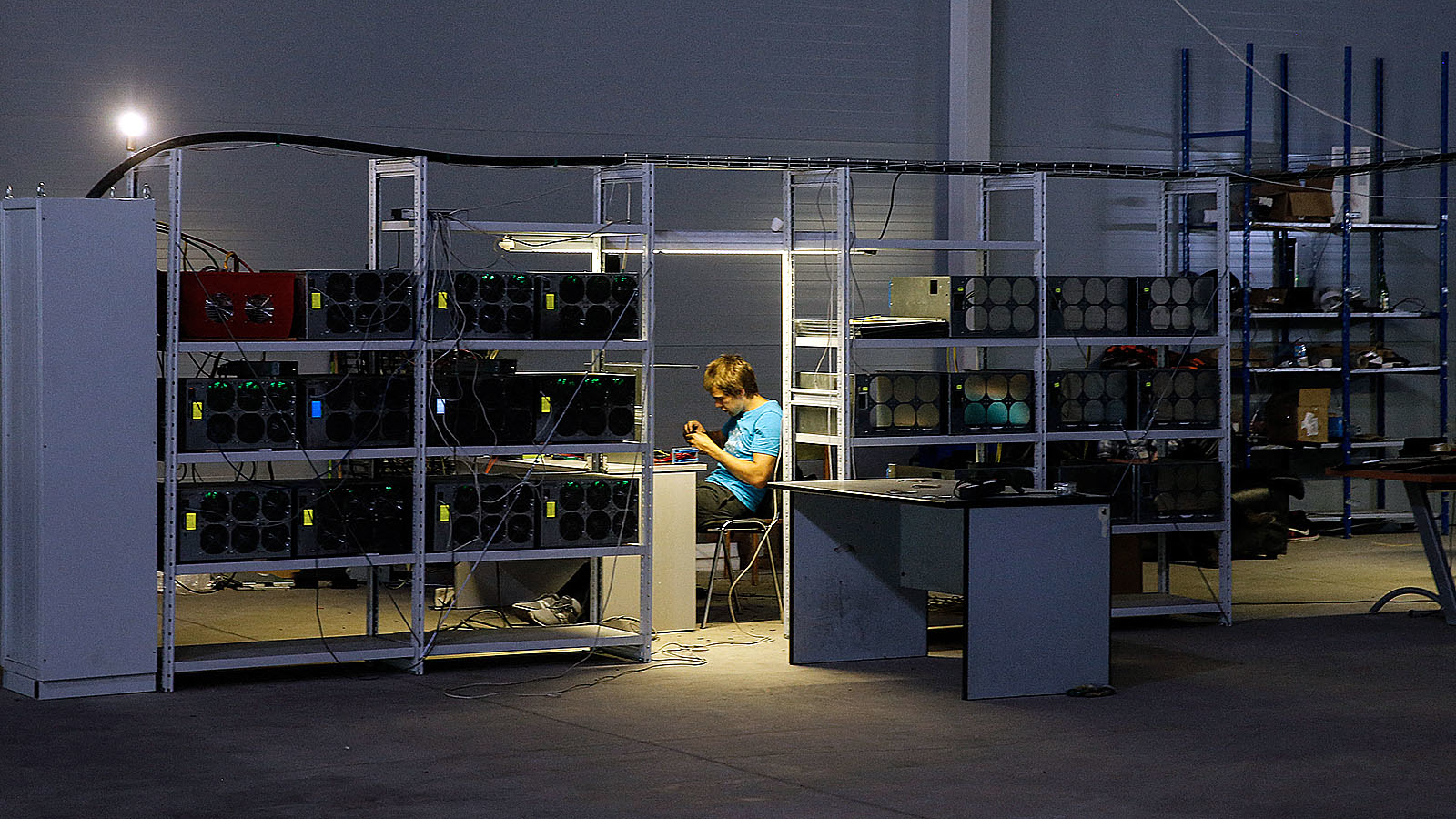Developments in the situation in Ukraine
The developments surrounding the situation in Ukraine are currently unfolding in rapid succession. We expect institutions to ensure they keep abreast of the latest developments. We will provide updates on developments should the situation warrant this. We would explicitly draw your attention to the following:
- The new sanctions package prescribes that crypto-assets of sanctioned natural and legal persons must also be frozen. In addition, it will be prohibited to make crypto-assets available to sanctioned natural and legal persons.
- We expect providers of crypto services to take measures to ensure compliance with the rules set out in EU regulations. They must screen their relationships – not just their own clients, but also the counterparties to transactions they carry out on behalf of clients.
- DNB assesses the effectiveness of the procedures and measures put in place by supervised institutions aimed at ensuring compliance with sanctions regulations. For all sectors, we are currently assessing whether and, if so, how we must further intensify our supervision in the coming period. This could result in a thematic study or a deep dive at individual institutions.
Sanctions against Belarus
Following up on the restrictive measures adopted on 2 March in response to the involvement of Belarus in the unjustified and unprovoked Russian military aggression against Ukraine, and in view of the continued gravity of the situation, the Council today adopted additional sectoral measures targeting the Belarusian financial sector.
The agreed measures will restrict the provision of specialised financial messaging services (SWIFT) to Belagroprombank, Bank Dabrabyt, and the Development Bank of the Republic of Belarus, as well as their Belarusian subsidiaries.
They also prohibit transactions with the Central Bank of Belarus related to the management of reserves or assets, and the provision of public financing for trade with and investment in Belarus.
In addition, the measures prohibit the listing and provision of services in relation to shares of Belarus state-owned entities on EU trading venues as of 12 April 2022.
They also significantly limit the financial inflows from Belarus to the EU, by prohibiting the acceptance of deposits exceeding €100,000 from Belarusian nationals or residents, the holding of accounts of Belarusian clients by the EU central securities depositories, as well as the selling of euro-denominated securities to Belarusian clients.
In addition, it is prohibited to sell, supply, transfer or export euro-denominated banknotes to Belarus or to any natural or legal person, entity or body in Belarus, including the government and the Central Bank of Belarus, or for use in Belarus.
Sanctions against Russia
The Council also expanded the list of legal persons, entities and bodies subject to the prohibitions related to investment services, transferable securities, money market instruments, and loans.
In addition, the Council introduced further restrictive measures with regard to the export of maritime navigation goods and radio communication technology to Russia. By virtue of this decision it will be prohibited to sell, supply, transfer or export, directly or indirectly, maritime navigation goods and technology to any natural or legal person, entity or body in Russia, for use in Russia, or for the placing on board of a Russian-flagged vessel.
Lastly the Council clarified the notion of “transferable securities” so as to clearly include crypto-assets, and thus ensure the proper implementation of the sectoral restrictions in place.
All these measures apply in addition to the package of measures presented earlier. You can find a timeline of restrictive EU measures in response to the crisis in Ukraine here.
What institutions supervised by DNB must do
Read this article on what your obligations are for complying with the Sanctions Act and what you should do if you encounter a hit In short, we expects you to act as follows:
- Check whether these regulations apply, for example, to your clients, members or investments made.
- If they do, immediately act in compliance with the regulations’ orders and prohibitions.
- If you find that the identity of a business relation matches that of a person or entity mentioned in the sanctions regulations (a “hit”), you must notify us immediately, using the prescribed notification form. Please email the form to us at sancties@dnb.nl. You can download the report form from this page: Getting around in sanctions regulations.
- If DNB has any questions about your notification, you should answer them immediately.
- In certain cases, a “hit” can be regarded as an unusual transaction within the meaning of the Anti-Money Laundering and Anti-Terrorist Financing Act (Wet ter voorkoming van witwassen en financiering van terrorisme – Wwft). If so, report this transaction to FIU-the Netherlands.
This is an additional news service. Institutions retain the responsibility to stay abreast of and comply with sanctions legislation in a timely and accurate manner. We realise that a lot is being asked of you and that the changes in sanctions are taking place in rapid succession.
We also distribute regular email updates on the UN, EU and Dutch sanctions regimes. If you want to subscribe, you can sign up for our news service. We sent out an email update on 10 March. Click here to read this message.



